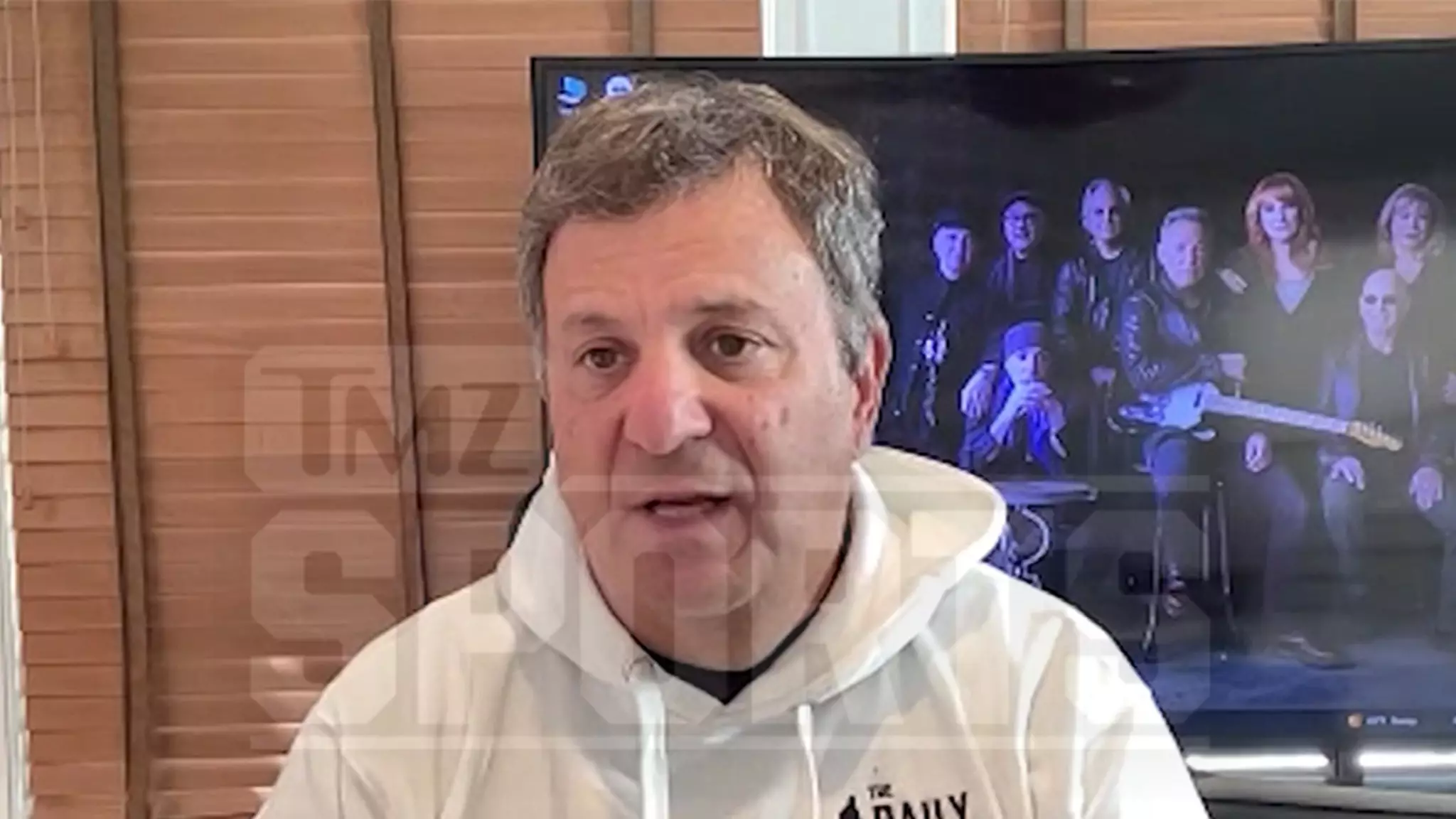In a surprising move that reverberated across the NFL landscape, the New York Jets announced the termination of head coach Robert Saleh just five games into the season. The Jets, starting the year with a lackluster 2-3 record, appeared to lack the necessary consistency to compete at a high level. Former NFL general manager Michael Lombardi voiced harsh criticism of the timing, arguing that the organization missed the opportunity for decisive action last year. His comments denote a broader critique of the Jets’ management and their inability to foster a coherent strategy over time.
Critics, including Lombardi, suggest that firing Saleh at this juncture—which leaves him with a cumulative record of 20-36 over three seasons—signifies deep-rooted dysfunction within the team. Lombardi pointedly declared, “You knew this problem last year,” emphasizing that a mid-season dismissal is indicative of a reactive rather than proactive management approach that has long plagued the franchise. This sentiment reflects a pervasive frustration among fans and analysts alike, who have witnessed the Jets struggle for identity and stability under Saleh’s leadership.
The Underlying Issues with the Offense
While attention focuses on Saleh’s departure, Lombardi also directed scrutiny towards offensive coordinator Nathaniel Hackett. Despite substantial offensive talent on the roster—including future star quarterback Aaron Rodgers, star running back Breece Hall, and dynamic wide receiver Garrett Wilson—the Jets have consistently underperformed, averaging a mere 18.6 points per game. The lack of offensive prowess raises questions about Hackett’s capabilities as a coordinator and whether his position should have been in jeopardy alongside Saleh’s.
Previous seasons laid much of the blame for offensive shortcomings on quarterback Zach Wilson, but the current situation elucidates that performance issues extend beyond any single player. Despite possessing an array of talent, the Jets have not maximized their potential, leading many to ask why Hackett has yet to face job insecurity as well. Reports indicate that Saleh had contemplated making changes to his coaching staff prior to his own dismissal, revealing a complex web of accountability that suggests deeper systemic issues.
Looking Ahead: A Challenging Path for the Interim Coach
In the aftermath of Saleh’s exit, the Jets have promoted defensive coordinator Jeff Ulbrich to interim head coach. The decision grants Ulbrich a critical opportunity—for not only immediate results but also for potentially securing the full-time position beyond this season. With 12 games left on the schedule, the stakes are high, particularly with an upcoming pivotal matchup against the Buffalo Bills, which would certainly test Ulbrich’s leadership.
The special significance of this clash extends beyond a simple win or loss; it represents a crucial turning point for the franchise. First place in the competitive AFC East hangs in the balance, raising the urgency for the Jets to swiftly recalibrate their approach. As the team looks to find its footing under Ulbrich, fans will be keenly watching to see if the performance on the field can finally align with the expectations thrust upon this storied franchise.
The firing of Robert Saleh has sparked a fresh narrative for the Jets, one filled with uncertainty and opportunities for reformation. As a passionate fan base hopes for the best, it remains to be seen whether new leadership can guide the Jets out of their long-standing mediocrity.

